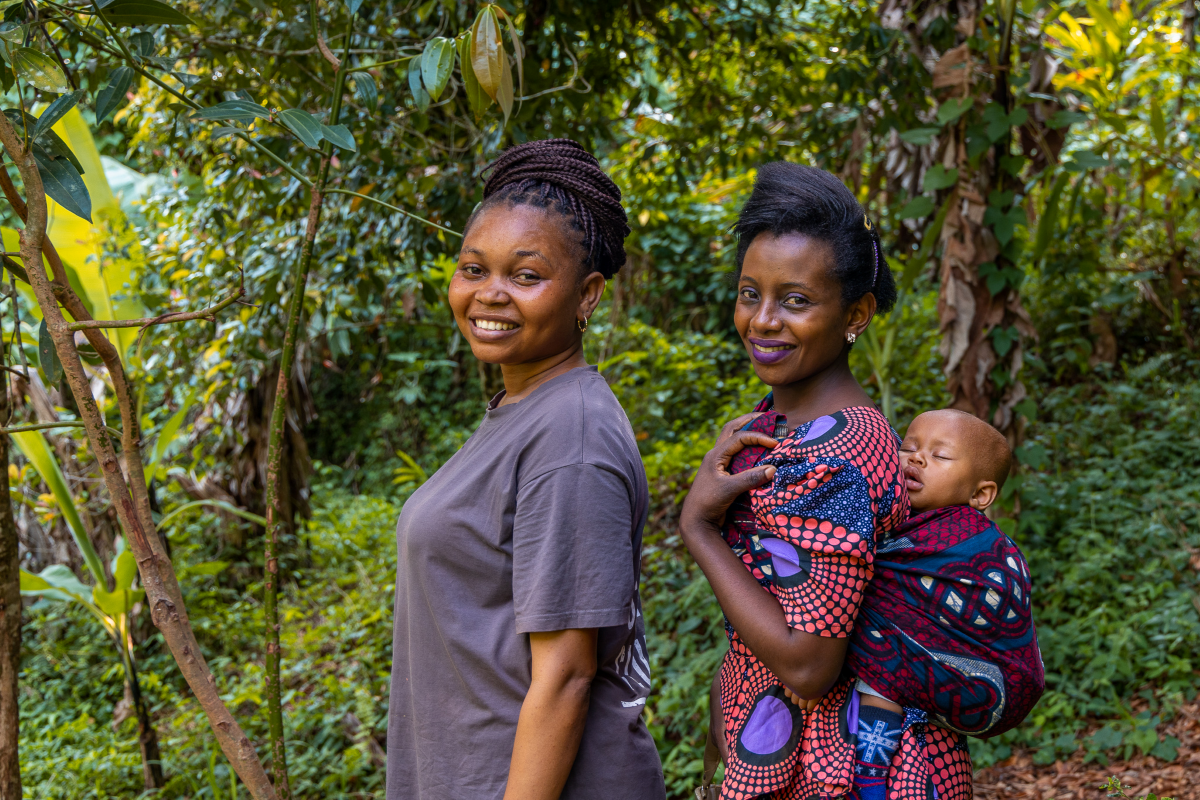Image by: Trianon Spices
Communities in the global South are grappling with the most severe consequences of climate change, despite their minimal contribution to the problem. The East Usambara Mountains in Tanzania, known for their rich biodiversity, are one of these regions that bears the brunt of climate change’s worst effects as extreme weather trends persist and intensify within the region.
Agriculture stands as their primary source of income, but unsustainable farming practices and climate change have led to soil degradation and diminished crop yields. In response, Trianon Spices, a sustainable spice production company, is dedicated to altering this course and placing Tanzania on the map as a leading provider of organic spices.
At the core of Trianon’s business model lies a strong emphasis on supporting small-farmer regenerative agriculture. Their work involves promoting sustainable spice agroforestry systems within Tanzanian farming communities. This not only helps build their climate resilience and contribute to biodiversity conservation but also improves the overall well-being of local farmers through diversified income streams.
Sustaining and expanding on Trianon’s work requires long-term strategic investments which traditional investors often shy away from. This is where the Landscape Resilience Fund steps in, offering both GEF-funded pre-investment support and technical expertise.
This case study serves as an illustrative example of how LRF actively supports climate-smart SMEs like Trianon Spices to promote climate resilience and positively impact the livelihoods of smallholder farming communities.
